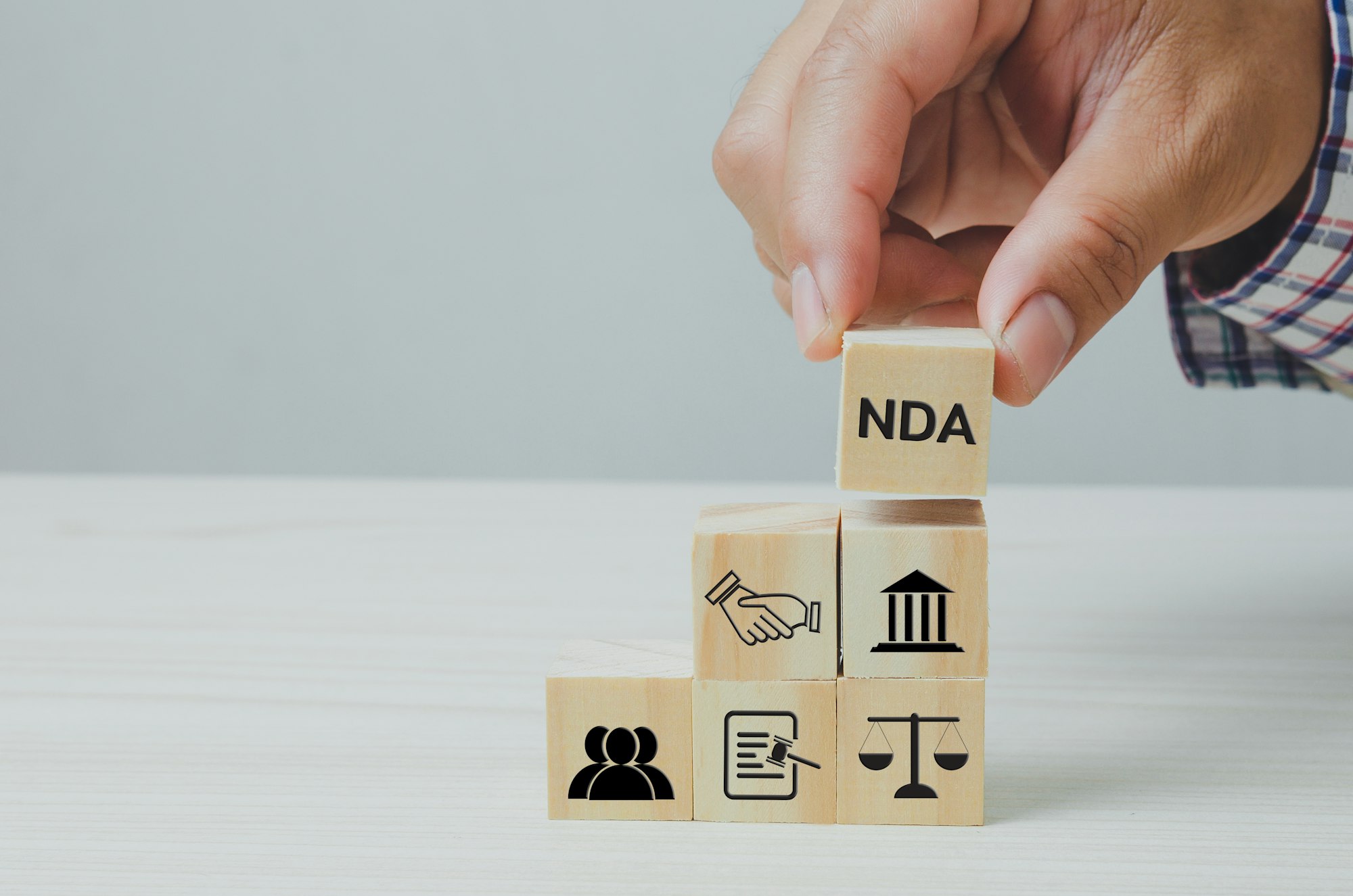What’s the Issue with NDAs?
Some people who work in AI companies, like those at OpenAI, have been speaking up about problems with non-disclosure agreements (NDAs). These agreements make it so employees can’t talk about certain company secrets or sensitive information. But, these NDAs are so strict that they also have to get permission just to talk to government regulators. This could stop them from reporting any bad or illegal things happening inside the company, which is a big problem for keeping the company honest and under control.

Why Is This a Big Deal?
Legal Problems and the Government Stepping In
When AI companies force employees to sign these tough NDAs, it messes with laws that are supposed to protect people who report wrongdoing (whistleblowers). The U.S. Securities and Exchange Commission (SEC), which looks after the stock market and protects investors, is being asked to check into this. They need to make sure these NDAs aren’t stopping employees from reporting illegal activities.
Bigger Picture for Tech Development
This isn’t just about following rules; it’s about the future of technology. AI is a big deal in many areas like self-driving cars and keeping data private. For AI to grow in a good and safe way, companies need to be open and honest, especially about how their technologies might affect everyone’s safety and privacy.
What Changes Are Needed?
Short-Term Fixes
People who want change are asking the SEC to really look into how AI companies have been using NDAs. They want to make sure these agreements follow the law. Plus, they think it’s important for the SEC to remind everyone at these companies that they have the right to speak up about anything shady or illegal without getting in trouble.
Long-Term Thoughts for AI Rules
The whole issue with NDAs is part of a bigger conversation about who gets to make decisions in the AI world and how. It’s vital that employees can talk openly about their worries. If they can’t, we might miss out on fixing big problems with AI, which could end up hurting people or being used in harmful ways.
Let’s dive into why NDAs are a hot topic in the AI industry, especially how they affect the people working there and everyone else’s safety.

FAQ: NDAs in the AI Industry
- What is a Non-Disclosure Agreement (NDA) in the AI industry?
- A Non-Disclosure Agreement, or NDA, is a legal contract used by companies, including those in the AI industry, to protect sensitive information. It requires employees to keep certain information about their work secret. In the AI industry, this might include details about technologies, business strategies, or operational practices. However, concerns have arisen that these NDAs can be so restrictive that they prevent employees from reporting illegal activities or safety concerns to the authorities.
- Why are NDAs a problem for whistleblowers in the AI industry?
- NDAs become problematic when they are so strict that they stop employees from talking to regulators or other external bodies about unethical or illegal activities within a company. This could hinder transparency and accountability, making it harder to catch and address issues like safety violations or misuse of technology. Whistleblowers play a crucial role in bringing these issues to light, and overly restrictive NDAs can silence them, potentially leading to negative outcomes for public safety and welfare.
- What actions are being called for to address the issues with NDAs?
- Advocates for reform are urging regulatory bodies like the SEC to examine the use of NDAs within the AI industry to ensure they comply with legal standards for protecting whistleblowers. They are pushing for a comprehensive audit of NDAs to assess their legality and the extent of their restrictions. Additionally, there is a push for regulatory bodies to actively inform employees of their rights to report misconduct, aiming to create a safer and more ethical working environment in the AI field.
Sources The Guardian



Your point of view caught my eye and was very interesting. Thanks. I have a question for you.